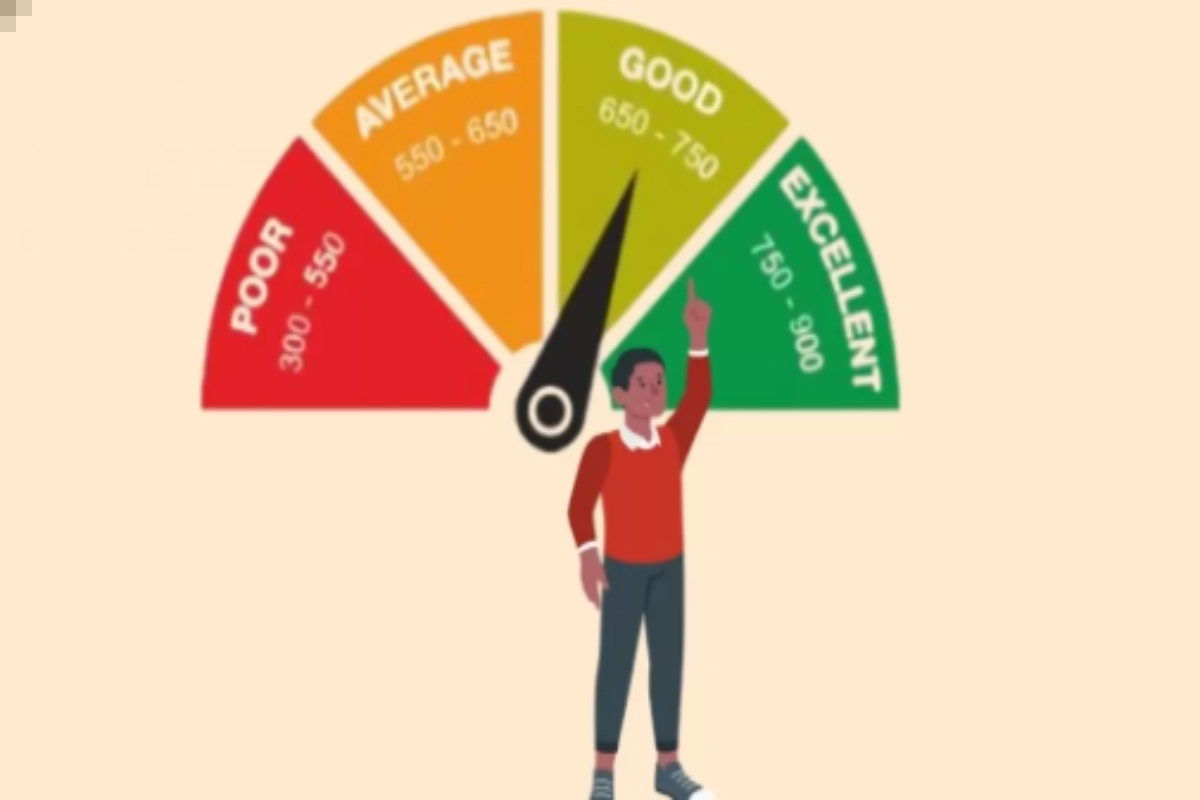CIBIL Score: When applying for credit cards or loans, it’s important to know your Credit Information Bureau (CIBIL) score. These are the most important guidelines that borrowers should be aware of in order to properly manage their credit ratings, as set by the Reserve Bank of India (RBI):
Free Credit Reports
Once a year, borrowers have the right to free access to their credit reports from Credit Information Companies (CICs), such as CIBIL. This enables people to keep an eye on their credit situation and look for any irregularities.
Accuracy of Credit Information
Making sure the data sent to CICs is correct and current is crucial. In order to avoid detrimental effects on the credit score, any inaccuracies should be immediately fixed with the relevant financial institution and CIC.
DON'T MISS
Consent for Credit Information
Before obtaining borrowers’ credit information, financial organizations are required to get the borrowers’ express consent. By ensuring that credit queries are valid and allowed, this safeguards customer privacy.
Timely Dispute Resolution
RBI requires CICs and financial institutions to settle credit information disputes in a certain amount of time. By doing this, inaccurate information cannot negatively impact a borrower’s creditworthiness.
Disclosure of Credit Scores
When a borrower applies for a loan, financial firms are compelled to reveal their credit score and the variables influencing it. This openness makes it easier for borrowers to comprehend their credit situation.
Top 5 Mistakes to Avoid
Late Payments: Failure to make payments on time or missing payments can have a major negative influence on your credit score. To preserve a positive credit history, make it a constant goal to pay bills and EMIs on time.
High Credit Utilization: Making heavy use of your credit limit might indicate financial strain and have a negative impact on your credit score. Try to maintain a credit usage ratio of less than 30%.
Several Loan Applications: Making several loan applications in a short amount of time may be a sign of financial instability and might result in a credit score reduction. Just apply for loans for necessities.
Ignoring Credit Reports: Make sure to often review your credit report for mistakes or unlawful activity. Resolve any disparities as soon as possible to avoid harming your credit score in the long run.
Closing Old Credit Accounts: Your credit score is mostly influenced by the length of your credit history, which may be shortened by closing old credit accounts. In order to show a longer credit history, think about keeping older accounts open.
Borrowers may preserve a high credit score and gain access to advantageous loan conditions and financial prospects by being aware of these guidelines and avoiding frequent blunders.
